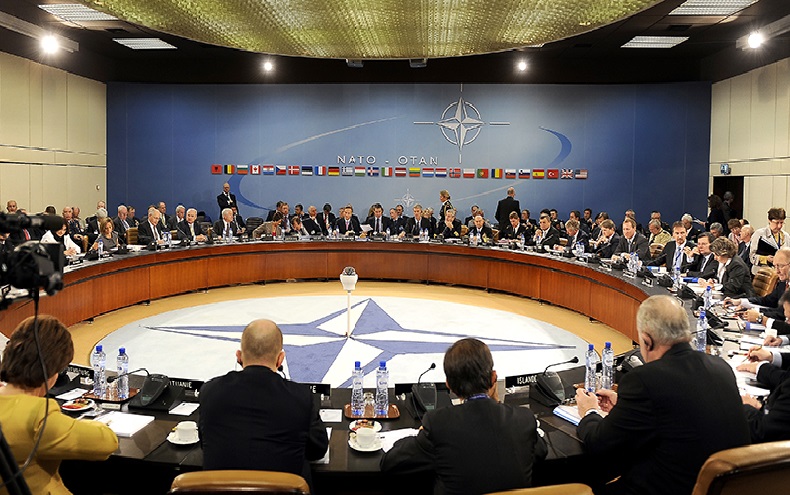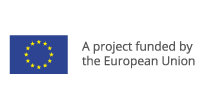NATO warns climate change worsens risk of conflict in MENA region

The long-term prospects for food and water security in the Middle East and North Africa (MENA) region are dire. Lawmakers from the North Atlantic Treaty Organisation’s (NATO) Parliamentary Assembly, meeting in the Georgian capital, Tbilisi, said climate change would worsen food and water shortages in the MENA REGION, triggering more conflicts and mass migration, with serious implications for the wider world. Osman Askin Bak, a member of the Turkish Parliament, presenting a draft report on the region’s food and water security, urged NATO governments to stick to their commitments under the Paris Agreement, including pledges on climate finance to help developing countries grow using clean energy and adapt to climate change impacts.
"The potential for conflict between regions affected by climate change should not be ruled out". The warning comes from Lilja Alfreðsdóttir, Iceland's former minister of foreign affairs, who drafted a separate report on the costs of climate change. She further expounded “The refugee crisis shaking political stability throughout much of the Middle East and posing serious problems in Europe could be a harbinger of things to come. The huge economic and social costs linked to mass movements on this scale are self-evident. It is distinctly possible that global climate challenges could trigger mass movement particularly in regions which no longer have the water and agricultural resources needed to support life.”
Environmental security and climate issues are firmly on NATO’s strategic horizon. The NATO Parliamentary Assembly brings together more than 250 senior members of parliament from Allied nations, plus associate and observer delegations. It serves as a bridge between voters and NATO leadership and is a critical forum for inter-Allied parliamentary discussions. Alliance Secretary General Jens Stoltenberg, responding to legislators in the Parliamentary Assembly, stated “Climate change is recognized in our strategic concept as one of the security challenges we are facing. It can cause conflicts; it can increase the number of refugees. Climate change is something that is relevant to NATO”.
Resources: Food and Water Security in the Middle East and North Africa | Assessing and Mitigating the Cost of Climate Change



